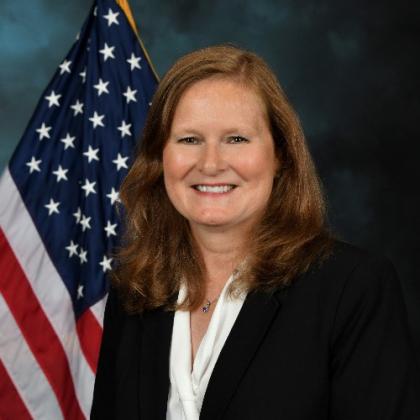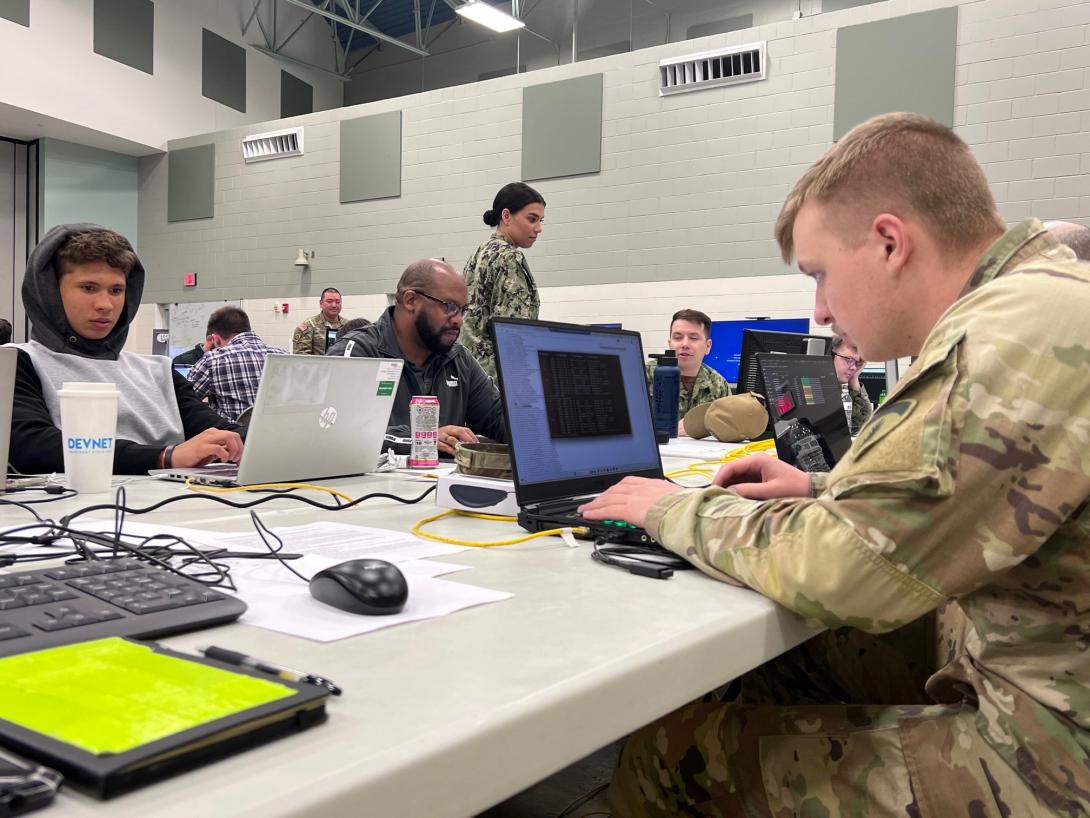DISA's Approach to Small Business Contracting
The Defense Information Systems Agency (DISA) leverages suppliers from across the technological spectrum. It plays a crucial role within the Department of Defense (DoD) in acquiring telecommunications and information technology (IT) products and services for the military.
“Our charge is to make sure that all requirements that come into DISA are reviewed and looked at to see if two or more small businesses can do it,” said Carlen Capenos, director, Office of Small Business Programs at DISA.
For DISA officials to seriously consider a small business as a supplier, the businesses need to build long-term credibility.
“You have no credibility saying, 'And I can do everything.' That doesn't give you credibility with customers or partners or anybody else, focusing on a narrow set of services or a niche,” said Steve Goldsby, CEO of Integrated Computer Solutions.
“When I have a small business that comes in and says I can do anything that you want, I'm very fearful of that because it's not true,” Capenos said.
Goldsby’s company started with himself as a single employee and now has a 150-person team that has spent years supporting DISA.
One of Capenos’ tasks is to direct funds to businesses that have not been in business with the federal government in the past, like those owned by minorities or in disadvantaged areas.
In fiscal year 2022, DISA awarded $1.69 billion in prime contracts to small businesses. These contract actions represented 27.8 percent of all contracts awarded by the agency, according to the agency’s website. About one half of those funds went toward small disadvantaged companies.
Capenos explained that new potential suppliers are inducted with a course and materials to help them navigate the intricacies of working with the government. In-person and virtual meetings are also available. Her office is focused on facilitating access to DISA.
“We aren't the actual buyers of stuff and we start every meeting to tell people we're not technical folks,” Capenos told SIGNAL Media in an interview.
Nevertheless, each contact should be carefully prepared. “Relationships are of the utmost importance, whether it's with customers or partners,” Goldsby told SIGNAL Media in an interview.
The small business office directs contacts and suggests next steps when dealing with the agency.

We provide information to help companies make decisions.
Keeping contacts relevant and rewarding for both sides includes talking “about specific requirements or specific challenges that we're having or more information,” explained Capenos.
“We provide information to help companies make decisions,” Capenos added.
Later, the process continues with other teams that analyze the technologies and proceed with the purchase if appropriate.
One problem Capenos and Goldsby identified was beyond the specifics of the process or the sale.
“A lot of entrepreneurs I've seen make the mistake of outrunning their cash flow, and then you’ve got to take on debt and pay interest on the debt,” Goldsby said. He explained that strained cashflows could jeopardize the venture’s survival.
“If you're really brand new, and you're just starting out and you need to know about federal contracting, you need to know about cash flow, you need to know about writing proposals, you need to know about all that basic putting-your-company-together, I would say go to the Apex accelerators.
These are programs designed to train businesspeople to become capable of participating in federal, state and local government contracts.

Focus on a narrow set of services or a niche.




Comments